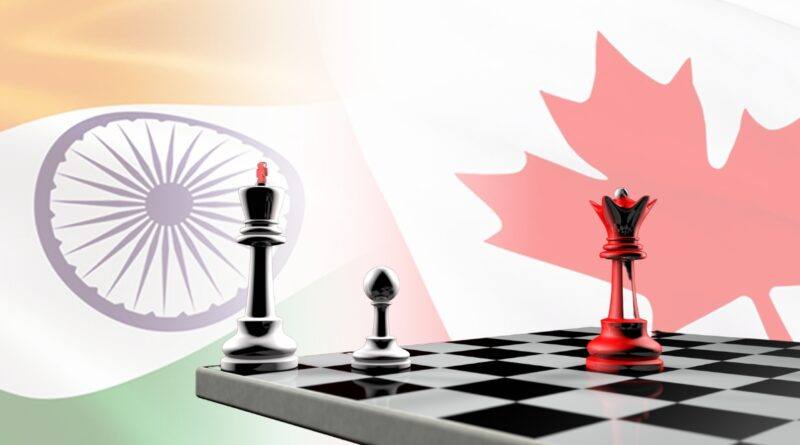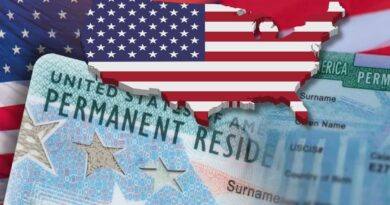India-Canada Tensions: A Diplomatic Standoff with Uncertain Future
As of late 2024, the relationship between India and Canada remains fraught with tension following a significant diplomatic fallout. The strain deepened after Canadian Prime Minister Justin Trudeau accused India of being involved in the assassination of Khalistani activist Hardeep Singh Nijjar in Canada in 2023. India has firmly rejected these allegations, labeling them as baseless, politically motivated, and a result of misinformed sources. In retaliation, both countries expelled several diplomats and reduced their diplomatic presence, severely damaging bilateral relations.
In a dramatic development, the Royal Canadian Mounted Police (RCMP) released an evidence report in late October 2024, which included findings suggesting potential links between individuals connected to the Indian government and the Nijjar assassination. The report, while not naming any specific government officials, implied a level of coordination that further fueled tensions between the two countries.
India’s Perspective: Integrity of the Allegations
India has rejected the RCMP’s findings unequivocally, calling them speculative and lacking concrete evidence. Indian officials have argued that the Canadian government’s accusations are based on conjecture rather than verified facts. They have consistently maintained that the allegations are politically motivated, a response to the growing concerns within Canada about the activities of certain groups within its borders. India has emphasized that the charge of state involvement in the killing of Nijjar is unfounded and lacks substantial proof. In India, such accusations are part of a broader pattern of mischaracterizing the country’s policies and actions.
The Indian government has accused Canada of ignoring the role of extremist elements within its borders, particularly those advocating for the separatist Khalistani movement. Indian officials argue that Canada has become a haven for these individuals, which has led to increasing radicalization and violence. From India’s perspective, the allegations against its government are an attempt to deflect attention from these domestic issues and avoid confronting the natural sources of extremism operating in Canadian territory.
Impact on Trade and Immigration:
Trade and immigration, traditionally key pillars of India-Canada ties, have also taken a hit. Bilateral trade, valued at over USD 9 billion in 2023, has slowed significantly, while immigration policies are under heightened scrutiny. The Indian student community in Canada, one of the largest foreign student populations, has been notably affected. In response, India suspended visa services for Canadian citizens, further complicating diplomatic and people-to-people ties.
Outlook for 2025:
- Short-Term Outlook: Diplomatic ties are likely to remain tense unless the ongoing disputes—centered on allegations of interference in domestic affairs, mainly related to the Khalistani movement and terrorism concerns—are addressed. A breakthrough may hinge on resolving these critical issues through sustained dialogue.
- Economic Impact: Trade and investment between the two nations could face a prolonged period of stagnation. However, areas of mutual interest, such as IT, agriculture, and education, might offer opportunities for dialogue and gradual recovery.
- Diaspora Influence: Canada’s sizable Indian diaspora, which plays a crucial economic and social role, could become a vital force advocating for the normalization of ties. Their contributions and ongoing educational exchanges may serve as catalysts in rebuilding the relationship.
- Geopolitical Implications: As India strengthens its global partnerships, particularly with strategic powers, Canada’s implicit stance towards India will be under increasing international scrutiny. Potential mediation by allied nations, such as the United States or the United Kingdom, who have strong ties with India and Canada, could help ease tensions by facilitating dialogue and negotiation. Despite the challenges, normalization remains possible. Progress will depend on resolving core disputes and fostering trust through high-level talks. The two nations can work towards improving relations as soon as they address these issues.
Recent Developments:
The diplomatic crisis further escalated in October 2024, when Canada expelled six Indian diplomats, including High Commissioner Sanjay Kumar Verma, accusing them of involvement in criminal activities. India reciprocated by expelling six Canadian diplomats, intensifying mistrust.
Cyber Threats and Immigration Disruptions:
Canadian authorities have voiced concerns about potential cyber threats, including espionage activities linked to India. In addition, the reduction of Canadian immigration staff in India has caused processing delays, adding strain to the fragile relationship.
Political Outlook:
The future of India-Canada relations could depend on political changes in Canada. Analysts suggest that relations may not improve significantly as long as Prime Minister Trudeau remains in office. However, the upcoming Canadian federal elections in October 2025 could pave the way for shifts in foreign policy, potentially altering Canada’s approach to India. A change in leadership could lead to a thaw in diplomatic relations, as a new government might bring a fresh perspective and approach to the relationship.
References:




